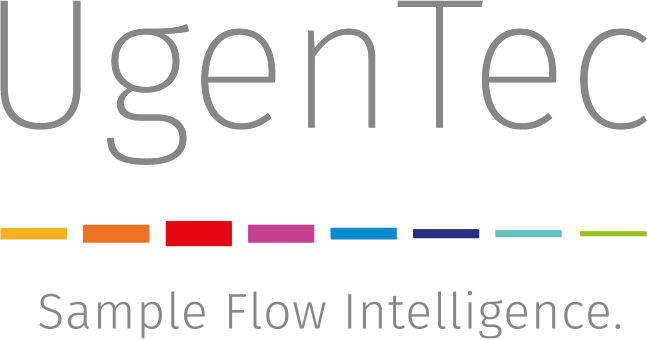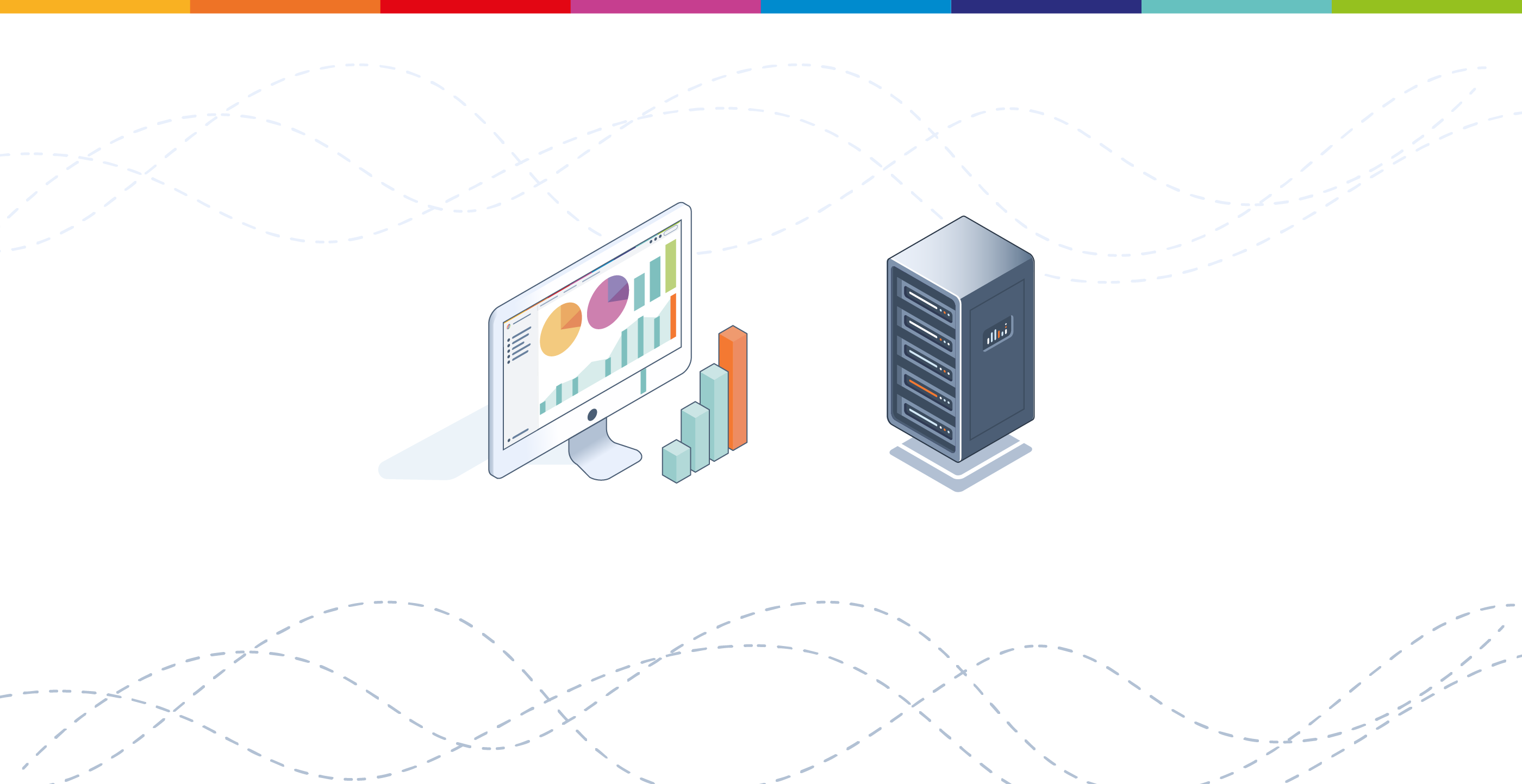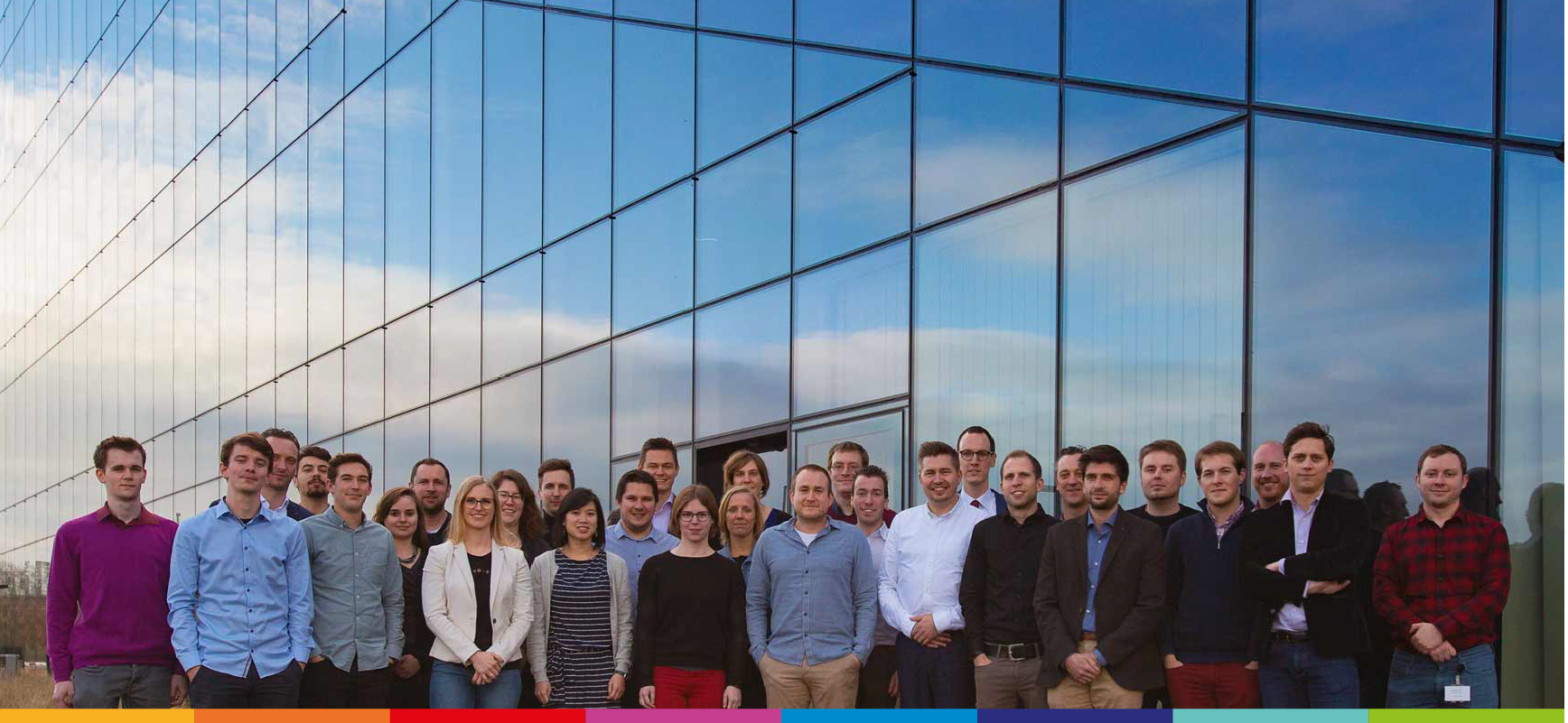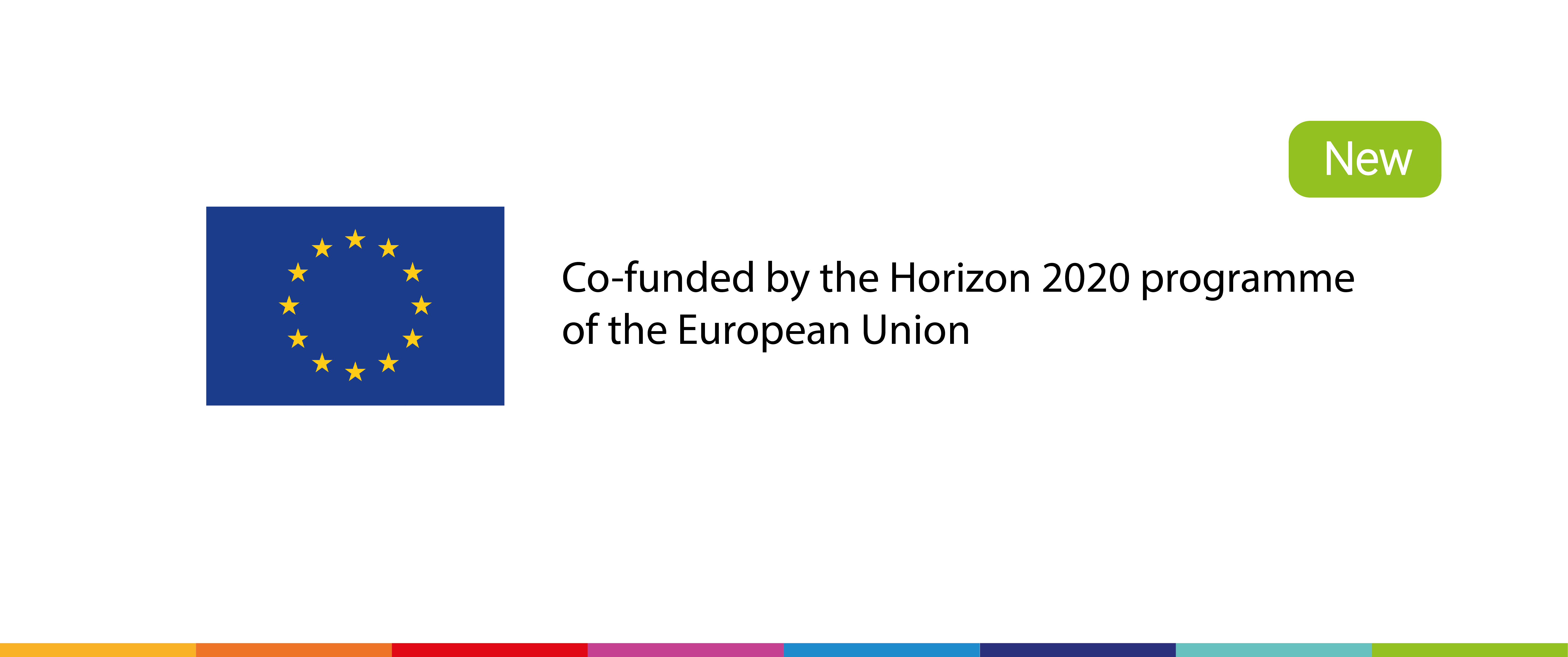UgenTec, an innovative software provider for molecular diagnostics, today announced it won a $550,000 (€490,000) grant from the Flemish government (VLAIO). The grant will be used to develop an innovative real-time infectious disease monitoring and prediction software platform together with its research partner Hasselt University and three molecular diagnostics laboratories.
The project will span 3 years and will be performed in collaboration with Prof. Dr. Niel Hens, Center for Statistics of Hasselt University, an expert in mathematical epidemiology. The molecular laboratories collaborating on the project are the OLV Hospital in Aalst, AZ Sint-Jan in Bruges & Jessa Hospital in Hasselt. All 3 labs are based in Belgium and are current commercial users of the UgenTec FastFinder platform for automated real-time PCR diagnostics.
In close collaboration with its research partner Hasselt University, UgenTec will develop innovative tools for comprehensive quality monitoring and laboratory management reporting, real-time monitoring and predictive modeling tools for respiratory infections based on UgenTec’s existing FastFinder software platform. These tools will extend the existing UgenTec product portfolio and will be commercialized once mature.
These developments are a next step in the mission of UgenTec to digitize labs worldwide and to enable them in more standardized and accurate diagnostics.
The QA and laboratory management reporting tool will allow the identification of anomalies and interdependencies within all lab data. This enables broader lab insights and proactive monitoring; e.g. QA follow-up of tests after distributing it in the field, detection of unusual number of positive/negative calls which can potentially be linked to robot/qPCR device problems, cross-contamination detection, and identifying calling trends related to users, devices, plates, points in time, … .
“Innovation is at the heart of UgenTec,” said Steven Verhoeven, CEO at UgenTec. “We’re excited that this grant enables our vision on how our platform can benefit not just individual labs, but serve as a tool for better healthcare management, and provide tools for managing population health risks, such as outbreaks - and gain valuable scientific insights in infectious disease. Commercially, these innovations are highly relevant as we’re convinced that predictive modeling will help large diagnostic enterprises to better run their operations and pharmaceutical companies to improve their production processes.”
“Digital epidemiology fits well within UHasselt's Data Science initiatives,” adds Prof. Hens. “We are happy that our expertise at UHasselt in statistical methodology and mathematical modeling will help the project in generating scientifically sound tools with direct relevance for public health.”
In the future, UgenTec intends to commercialize these tools towards its broader customer base.




